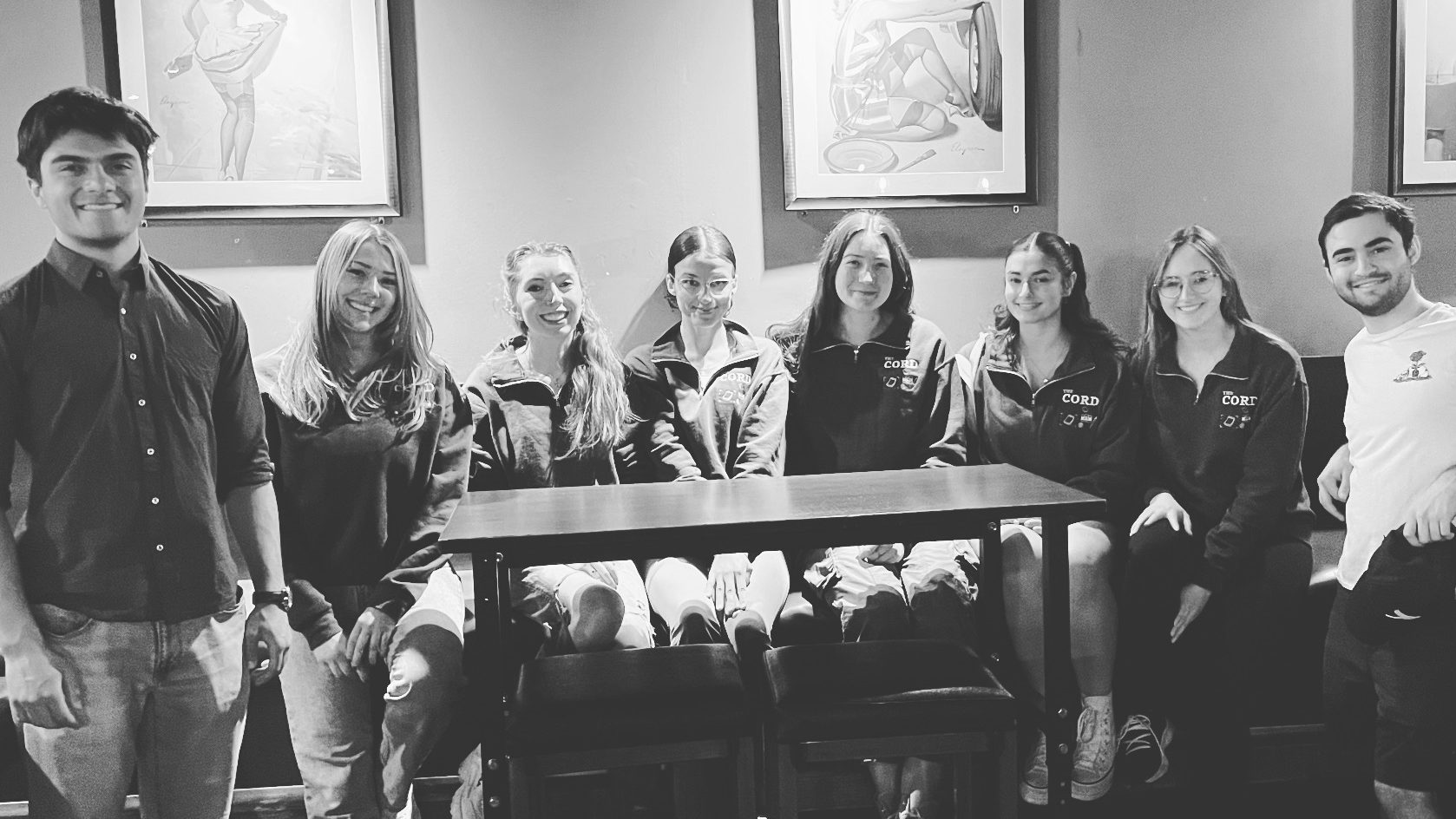When the federal election was called, Wilfrid Laurier University students were just about to step into exam season and to head home for the summer months – not nearly a suitable time to get involved. While many students were either focused on studying or leaving campus, various campus clubs and many students still tried to create a movement at Laurier to encourage voting and involvement.
In a riding that was only decided by 17 votes in the 2008 election and in a country where youth voting has suffered in the past, Laurier students are in an important place in terms of youth involvement.
“There are bits and pieces of evidence that suggest that students are taking a renewed interest in this election, part of it because of the vote mobs,” said Barry Kay, a political science professor at Laurier.
While youth involvement has appeared to have grown, many students, especially the campus political clubs, feel that this is an inconvenient time for them.
“It’s completely wrong to take 30,000 people out of this riding between the University of Waterloo and Laurier, and many people aren’t here on May 2nd,” said Drew Redden, the president of the Young Liberals. “If you look around campus, it’s dead right now.”
Scott Blinkhorn, the president of the Campus Conservatives, also stated that it has been a tough situation, “Like right now, I got five or six club members who would be out, but can’t be because they moved home. It’s a really hard time for us all.”
Efforts made by campus clubs
The campus clubs – which include the Campus Conservatives, the Young Liberals and the Campus Greens – used various methods to try to encourage Laurier students to vote. The one obvious method used was setting up booths in the concourse and hall of fame, as well as being interactive outside the Fred Nichols Campus Centre.
According to Blinkhorn, the Campus Conservatives have been campaigning for Kitchener-Waterloo Member of Parliament (MP) Peter Braid and Kitchener Centre candidate Stephen Woodworth. As well, the Young Liberals have been campaigning for Andrew Telegdi.
To encourage more youth votes in this riding, Redden said, “Most of our efforts were focused on getting people to vote early, we really promoted the special ballot vote, I voted almost two weeks ago.”
Jordan Epstein, a second-year kinesiology student who has already voted by special ballot, stated that the average student appears to be interested and that Laurier, as a whole, tends to be heavily involved in many different issues and events.
“From what I’ve seen in the Laurier community, we’re just really involved with everything, so I don’t think it’s any different for the election,” said Epstein.
Kevin Degruijter, a third-year BBA student, echoed Epstein’s statement, “We’re a smaller school, I understand why Waterloo had a vote mob, they had a lot more people around, but [Laurier] has done a pretty good job from what I’ve seen, it’s all dependent, it’s just a tough situation in time right now for students”
As well, Epstein applauded those who set up events across campus, such as the federal debate being aired at Wilf’s and the non-partisan presentation made by Bob Rae about youth voting. While noting that more could be done to encourage more involvement among students, Epstein liked the efforts made by the school and the campus clubs.
When the election was called, Redden stated that many students were excited to get involved, “I think it was very positive, we had a booth set up in the concourse and a lot of people were engaged and excited and interested in the fact that they could vote early and wanted to get involved.”
Blinkhorn, however, felt that Laurier isn’t as active as other university campuses.
“Certainly, if you look at campuses such as York and Carleton, they are much more active than they are at Laurier,” he said.
Utilizing social media
As the youth become increasingly technologically savvy, social media platforms such as Twitter and Facebook have been important tools during this election – especially with notifying students about events on campus.
“I think it’s very important for awareness. That’s the biggest thing, because you reach so many people by the click of the mouse,” said Redden.
“I think university students are often victims of living in a bubble, where especially during school and exam time, they are only concerned about what’s going on campus and don’t really watch the national news,” continued Redden. “Social media helps you get out of the bubble.”
Blinkhorn believes that, while social media is great for awareness, it ultimately doesn’t too much to sway votes. He also stated that left-leaning parties, due to their larger youth base, tend to be better at using social media.
Degruijter added that the campus clubs have been helpful in his knowledge during the election but more focus is need on student issues, “Maybe if they summarized issues involving university students, it would be more helpful.”







